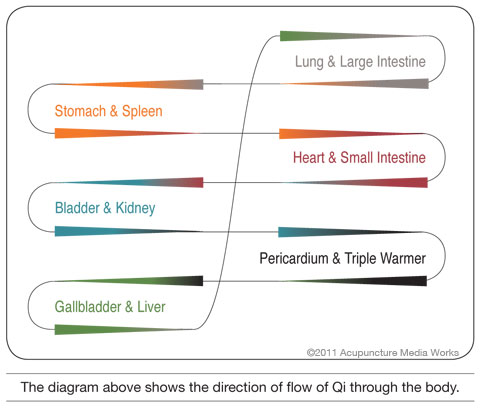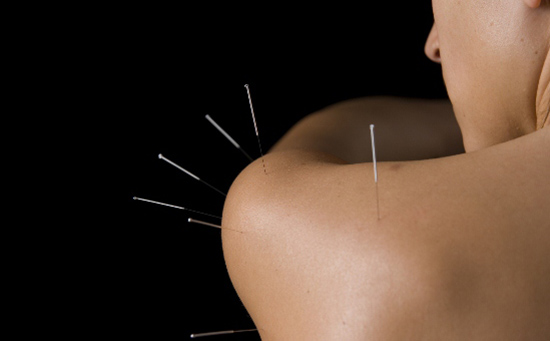What Can Acupuncturists Treat?
Acupuncture is recognized by the National Institute of Health (NIH) and the World Health Organization (WHO) to be effective in the treatment of a wide variety of medical problems. Below are some of the health concerns that acupuncture can effectively treat:
[row][column size=”one-third”][checklist style=”arrow”]
- Addiction
- Anxiety
- Arthritis
- Asthma
- Bronchitis
- Colitis
- Common cold
- Constipation
- Dental pain
- Depression
- Carpal tunnel syndrome
- Chronic fatigue
- Shoulder pain
- Smoking cessation
- Fibromyalgia
- Low back pain
- Diarrhea
- Digestive trouble
[/checklist][/column][column size=”one-third”][checklist style=”arrow”]
- Dizziness
- Dysentery
- Emotional problems
- Eye problems
- Facial palsy
- Fatigue
- Fertility
- pain
- Headache
- Hiccough
- Gingivitis
- Irritable bowel syndrome
- Menstrual irregularities
- Tennis elbow
- Sleep disturbances
- Nausea
- Seasonal affective disorder (SAD)
[/checklist][/column][column size=”one-third”][checklist style=”arrow”]
- Pneumonia
- Menopause
- Migraine
- Incontinence
- Indigestion
- Stress
- Sore throat
- Sinusitis
- Wrist pain
- Tonsillitis
- Tooth pain
- Vomiting
- PMS
- Osteoarthritis
- Morning sickness
- Reproductive problems
- Sciatica
- Trigeminal neuralgia
- Urinary tract infections
[/checklist][/column][/row]
What Is Acupuncture?
Acupuncture is an effective form of medical treatment that has evolved into a complete holistic health care system. Practitioners of acupuncture and Chinese medicine have used this noninvasive treatment method to help millions of people become well and stay well.
Acupuncture promotes natural healing. It can enhance recuperative power and immunity, support physical and emotional health, and improve overall function and well-being. It is a safe, painless and effective way to treat a wide variety of medical problems.

WHAT IS QI?
At the core of this ancient medicine is the philosophy that Qi (pronounced “chee”), or vital energy, flows throughout the body. Qi protects the body from illness, pain and disease. A person’s health is influenced by the quality, quantity and balance of Qi.
What are acupuncture meridians?
Qi flows through specific pathways called meridians. There are fourteen main meridians inside the body. The diagram to the left shows the meridian pathways in the body. Each of these is connected to specific organs and glands.
Meridian pathways are like rivers flowing inside the body. Where a river flows, it transports life-giving water that provides nourishment to the land, plants and people. Similarly, where meridian pathways flow, they bring life-giving Qi that provides nourishment to every cell, organ, gland, tissue and muscle in the body.

Why do I need Acupuncture?
When a person is experiencing pain or other symptoms this means your qi or energy is blocked in the meridians, similar to a dam blocking the flow of water in a river. When Qi becomes backed up in one part of the body, the flow becomes restricted in other parts. This blockage of the flow of Qi can be detrimental to a person’s health, cutting off vital nourishment to the body, organs and glands.
Acupuncture Removes Qi or Energy Blocks
Fine, sterile needles are placed at specific acupuncture points along meridian pathways to move and balance the qi. This safe and painless insertion of the needles can unblock the obstruction and balance Qi where it has become unbalanced. Once this is done, Qi can freely circulate throughout the body, providing adequate nourishment to cells, organs, glands, tissues and muscles. This can eliminate pain and restore balance and harmony, as well as the body’s ability to heal itself—ultimately leading to optimal health and well-being.




